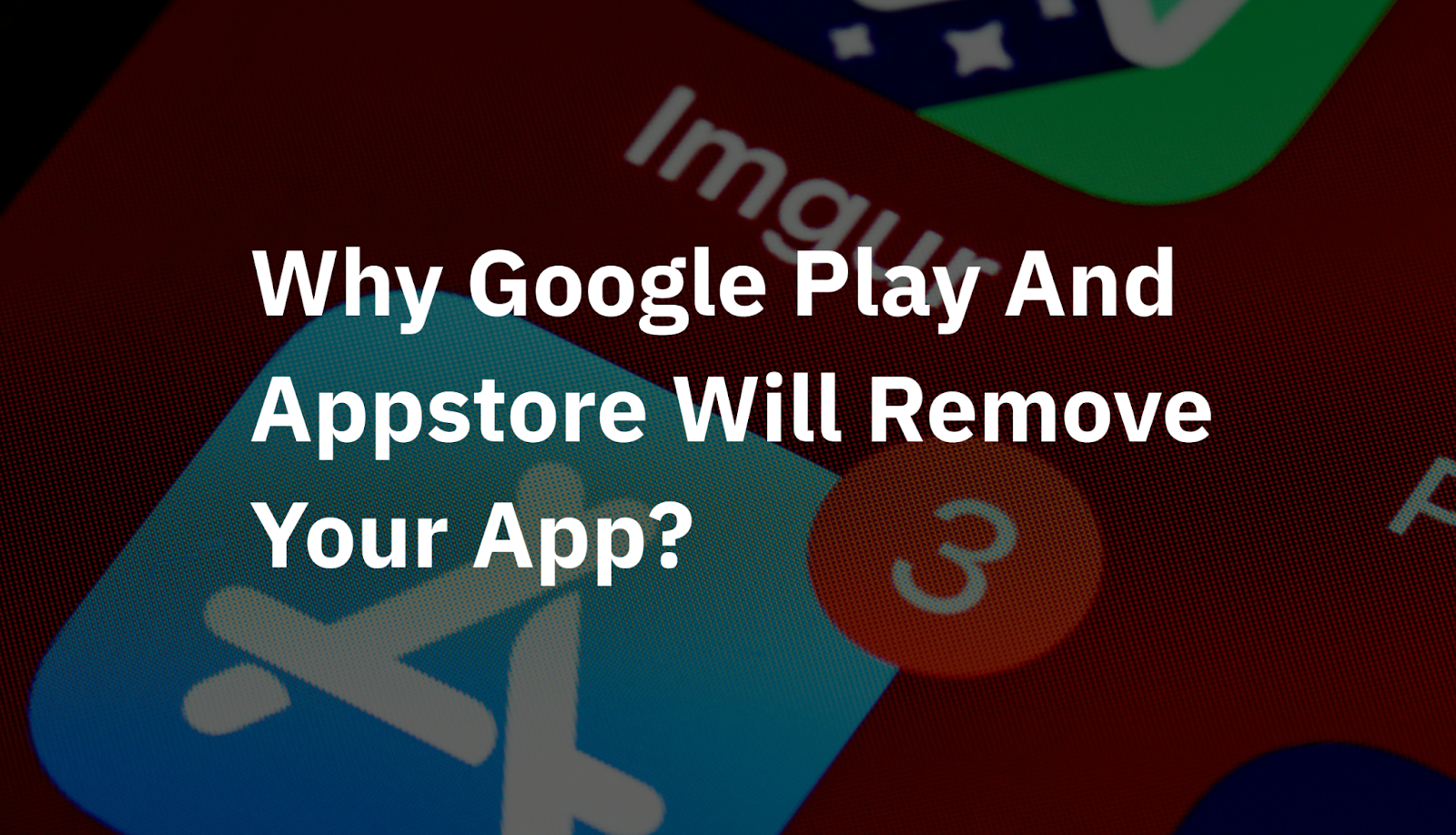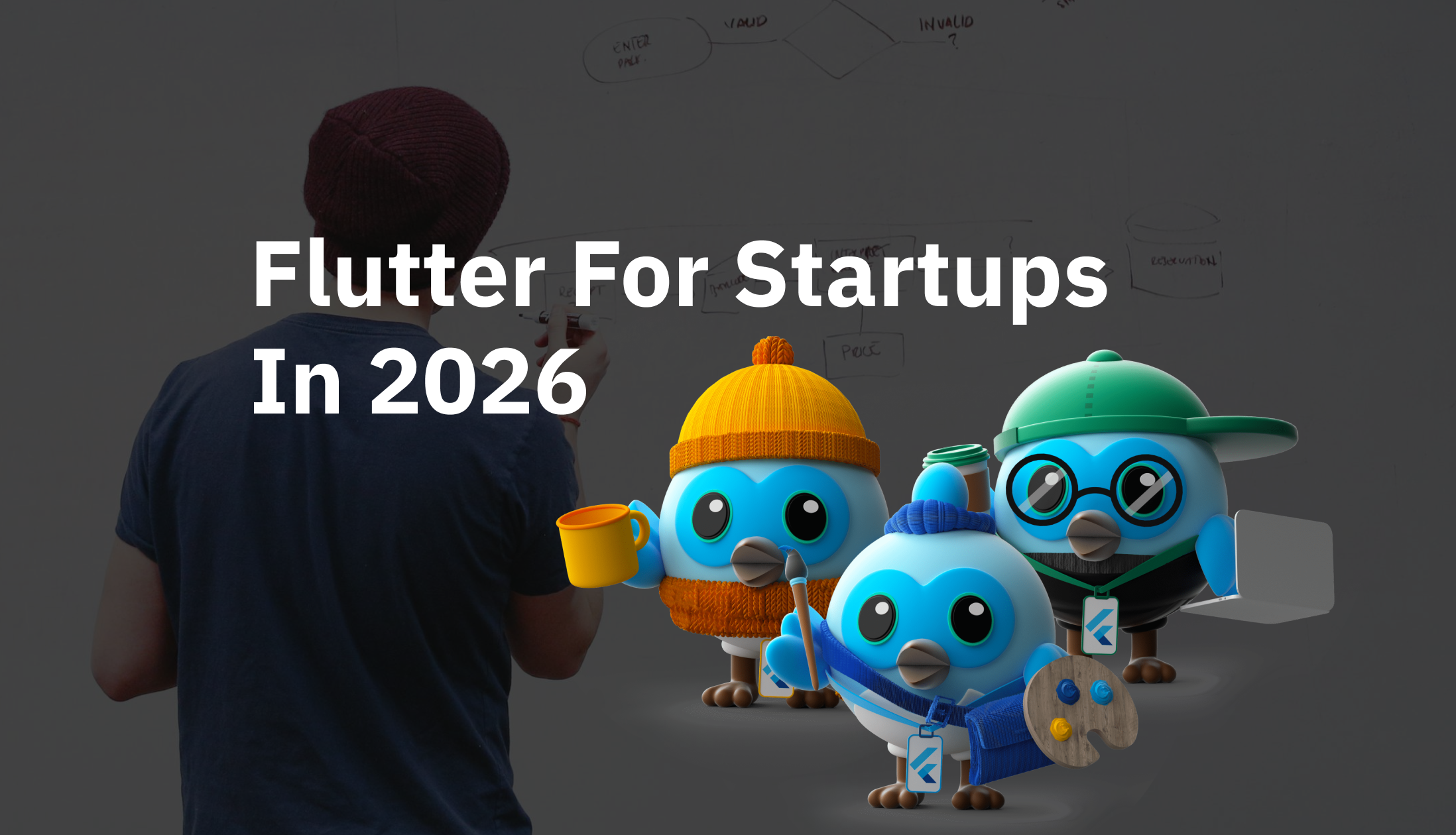Over the last decade, the finance landscape has taken a significant transformation, thanks to fintech. Tech-savvy individuals now prefer digital solutions for various financial tasks, creating a rising demand for fintech apps. In today's business world, entrepreneurs are increasingly focusing on fintech app development. This isn't just about improving operations proficiency, it's a key strategy to effectively connect with customers, delivering tailored financial services.
At Krootl, we specialize in financial software development, and we're here to assist you in creating a financial app. Our goal is to share practical insights and help you understand the process, covering everything from essential features to implementation strategies. Whether you're a business or a startup, our expertise is at your service to navigate the dynamic landscape of financial app development.
What is the definition of a fintech?
Fintech is a type of software designed to streamline financial services through automation and digitization. These apps, born out of the FinTech industry's fusion of finance and technology, aim to enhance access to financial services and compete with traditional institutions.
The primary goal of FinTech applications is to provide simpler and more efficient ways to manage finances. They often go beyond conventional methods, incorporating alternative financial systems such as blockchain and cryptocurrencies.
As of 2024, the Global Fintech Market is valued at approximately USD 312.92 billion and is projected to surge to USD 608.35 billion by 2029.

Let's explore Statista's important data on the growth of the fintech industry to gain perspective:
- Digital Investment:
- Projected to be the market's largest category.
- Total transaction value nearly $112.90 billion.
- Global Digital Payments Users (2024):
- Estimated to surpass 5.62 billion users.
- Future Growth in Digital Payments (2027):
- Anticipated to reach over 7 billion users globally.
- Digital Payments Transaction Value (2027):
- Expected to soar, reaching almost $9.5 billion.
Who Benefits from Fintech Apps and How?
Typical fintech users can be categorized into four primary groups:
- Banks (in the context of B2B solutions)
- Corporate clients actively engaging with digital banks
- Individuals using business-to-customer services (B2C)
- End-consumers, typically physical persons interacting with various fintech services.
Fintech Apps have several advantages over traditional financial services from both business and customer perspective:
Greater accessibility:
- FinTech applications simplify account opening, money transfer, budget analytics and stock purchase process. This grants them immediate access to financial services like payments, loans, insurance, and trading.
Cost reduction:
- Compared to traditional offline financial services FinTech applications require significantly lower operational costs to run. Consequently, they offer clients lower fees than traditional banks.
Easier financial operations for customers:
- FinTech apps enable users to manage finances efficiently through smartphones or tablets, saving time and expediting money transfers, payments and other routine financial operations.
Multiple services in one product:
- FinTech applications provide an extensive array of services, encompassing digital payments, insurance, investing, and financial advisory assistance. Many apps consolidate multiple services, allowing users to conduct diverse financial transactions within a single platform.
Data analytics and personalization:
- Apps effectively collect and process user data to deliver personalized services tailored to individual financial goals and capabilities.
In other words, fintech stands out for being not only more cost-effective than traditional financial services but also offering enhanced transparency, giving customers a clearer insight into their finances.
Types of FinTech Applications

Fintech is incredibly diverse, covering B2B, B2C, and peer-to-peer (P2P) markets. A common trend is the integration of various services into one app like Robinhood which combines investment, crypto exchange, stock trading, and banking in a single app.

Now, let's explore some popular types of fintech applications.
Banking and Money Management Apps:
These apps offer comprehensive banking services, placing them directly within reach for users. Business opportunities in online banking are continually evolving, and examples like PayPal and Starling showcase successful applications in the banking and money management landscape.
Investment Apps:
Investment apps provide consumers with the convenience of accessing real-time information concerning their investments digitally. A successful investment app empowers consumers to explore assets online and make prompt investments. Core features like savings management, multi-currency capabilities, credit management, asset comparison, real-time notifications, and client support form the foundation of these apps.
Robinhood and Wealthbase stand as prime examples in the investment application landscape.
Social Trading Apps:
Social trading platforms (like eTorro) allow their users to show their financial portfolio publicly, as well as a copy-trading feature — this allows users to copy the portfolio and operations of another trader(for a fee, of course).

Insurance Apps:
Insurance apps are designed to handle payment processing, policy quotes, claims filing, and policy searches, aligning with each company's unique business logic. Examples of standout insurance apps for their innovative approach include Geico Mobile and Lemonade.
Neo Banking Apps:
Neo banking apps break away from traditional banking models offering a digital-first approach and hassle-free online account opening, 24/7 access, including a full suite of services without physical branches. Successful examples like Revolut, Mono, and Monzo showcase the convenience of Neo banking applications, meeting users' preferences for a more agile and digitally-driven banking experience.

Cryptocurrency Apps:
Crypto apps enable users to buy, sell, trade, and manage cryptocurrencies like Bitcoin and Ethereum. Features include wallets, exchange platforms, and investment tracking tools. Popular examples are Coinbase and Binance.
Consumer Finance Mobile Apps:
Consumer finance applications extend beyond traditional banking, offering users tools for budgeting and personal finance management with a focus on personalized experiences tailored to diverse financial goals. All personal finance apps share a common goal – aiding users in managing their financial cycles. When developing a personal finance app, the key is to ensure it assists users in tracking revenues and expenses while providing essential functions such as:
- Balancing Expenses and Revenue Tracking
- Periodic Analytics Reporting
Explore how we addressed these aspects for our client through the development of iBilly, a comprehensive personal finance management app, by reading our detailed case study.

Accounting Apps:
Efficiently managing invoicing, expense tracking, bank reconciliation, receipt management, tax preparation, and more, these apps streamline accounting for both consumers and businesses. Respected examples such as QuickBooks and Xero highlight the potential of FinTech accounting apps.
Lending and Personal Credit Apps:
Focused on personal finance, lending apps offer services like loans, money management, and savings. Examples include "buy now, pay later" and peer-to-peer lending platforms like LendingClub, Prosper and PaySense.
A Personal finance app essential functionality
Developing a personal finance app require incorporating specific essential features. Leveraging our expertise as a software development company experienced in developing PFM apps for our clients, let's delve into some of these key functionalities:
User Registration and Authentication
Ensure a seamless and secure registration process for users to create accounts. Consider incorporating features like phone number verification or linking social media accounts. Implement robust authentication mechanisms, including passwords, PIN codes, fingerprints, or facial scans for user sign-ins.
Intuitive Onboarding
The onboarding system is crucial for guiding new users through the app's features and functionalities. It plays a vital role in creating an intuitive and interactive experience, ensuring users understand how to use the app effectively right from the start.
Categorization and Transaction tracking
Automated transaction tracking and categorization are pivotal in a personal finance app. By automatically sorting transactions into categories like purchases, bills, and transfers, users gain insights into their spending patterns, enabling them to enhance their financial behavior.
Transaction and Interaction History
Offer users access to their comprehensive financial history, this feature promotes transparency and aids in informed decision-making.

Goal setting
Enabling users to set and track their financial goals is a crucial feature. Whether saving $300 weekly or establishing new financial habits, this functionality empowers users to define and achieve both short-term and long-term objectives.

Personalized insights and analytics
Personalized insights and analytics provide users with personalized information about their financial behavior. This feature analyzes individual spending patterns, identifies trends, and offers suggestions to enhance financial decisions, ensuring a personalized and informed user experience.
Unified Account Management
Enabling users to integrate various financial accounts and payment systems, and consolidating all their information into a single place, is highly convenient. This functionality allows users to access and manage multiple accounts from different banks and financial institutions in one place, providing a comprehensive overview of their finances.
Reminders and Notifications
Effectively handle users' financial commitments by setting timely reminders for upcoming payments and managing bills through the app.
Security Measures
Ensuring the security of user data is key, especially for fintech products. To safeguard user data, we adhere to industry standards, employ robust encryption, and conduct thorough security audits.
- Secure Communication: All interactions with the backend occur through secure HTTPS connections.
- Data Encryption: Stored data and cache are locally encrypted to safeguard data security.
- 2FA Authentication: We've implemented a two-factor authentication process to secure app access.
- Biometric Security: Utilizing modern biometric solutions such as Face ID and Touch ID for heightened security.
Advanced Attributes of FinTech Applications
Beyond the essential features, we’ve prepared a list of some advanced functionalities that can elevate the personal finance management app, making it even more comprehensive and user-friendly.

Biometric Scanning:
Enhance security and user experience by incorporating biometric scanning, deterring fraud and contributing valuable data for analysis.
Know Your Customer (KYC):
Implement KYC features to gain insights into customer preferences, enabling personalized service and product offerings.
Cashback Incentives:
Boost customer loyalty and app usage by introducing a cashback feature, rewarding users for financial transactions.
Efficient Card Scanning:
Simplify payment card management with a card scanning feature, allowing users to swiftly add payment cards.
Personalized Cost Tracking:
Facilitate informed financial decisions with a cost-tracking feature, delivering tailored recommendations based on spending patterns.
Engaging Referral System:
Encourage app adoption and engagement through a referral system, fostering a sense of community and enhancing customer retention.
Voice Integration:
With the rise of voice assistants like Alexa and chatbots, users are leaning towards voice-enabled services. By incorporating voice interaction, users can seamlessly engage with your app's functionalities, eliminating the need for manual navigation.
Emerging Trends in Fintech App Development for 2025
As the digital world keeps evolving, tons of cool trends appear in fintech app development, bringing in fresh capabilities and really great experiences.
Blockchain
Incorporating blockchain technology into app development enhances security and efficiency. Its decentralized structure ensures more secure and cost-effective transactions, fortifying against data breaches.
AI-powered solutions
Artificial Intelligence enriches fintech apps with precise insights and streamlined processes. AI-driven evaluations enable personalized loan offerings, fraud detection, and predictive analytics, enhancing user experiences and operational efficiency.
AI-powered chatbots redefine customer support in fintech apps, providing round-the-clock assistance, thus elevating user satisfaction. Integrating user-friendly AI chatbots enhances productivity and engagement, setting apps apart from the competition.
Robotic Process Automation (RPA):
Robotic Process Automation optimizes efficiency by utilizing historical and current data, accelerating tasks like financial reporting, risk assessment, and auditing, contributing to precise decision-making.
Mobile Banking and P2P Lending:
Mobile banking and P2P lending streamline financial operations within fintech apps, catering to users' need for efficiency. By simplifying tasks like money transfers, investments, and loans, apps become more appealing to a wide user base.
Conclusion
In the ever-evolving fintech landscape, integrating these trends into app development offers the potential to create robust, user-centric applications that remain competitive and innovative in the market.
Don't hesitate to contact us in case you have a fitech app product idea!












